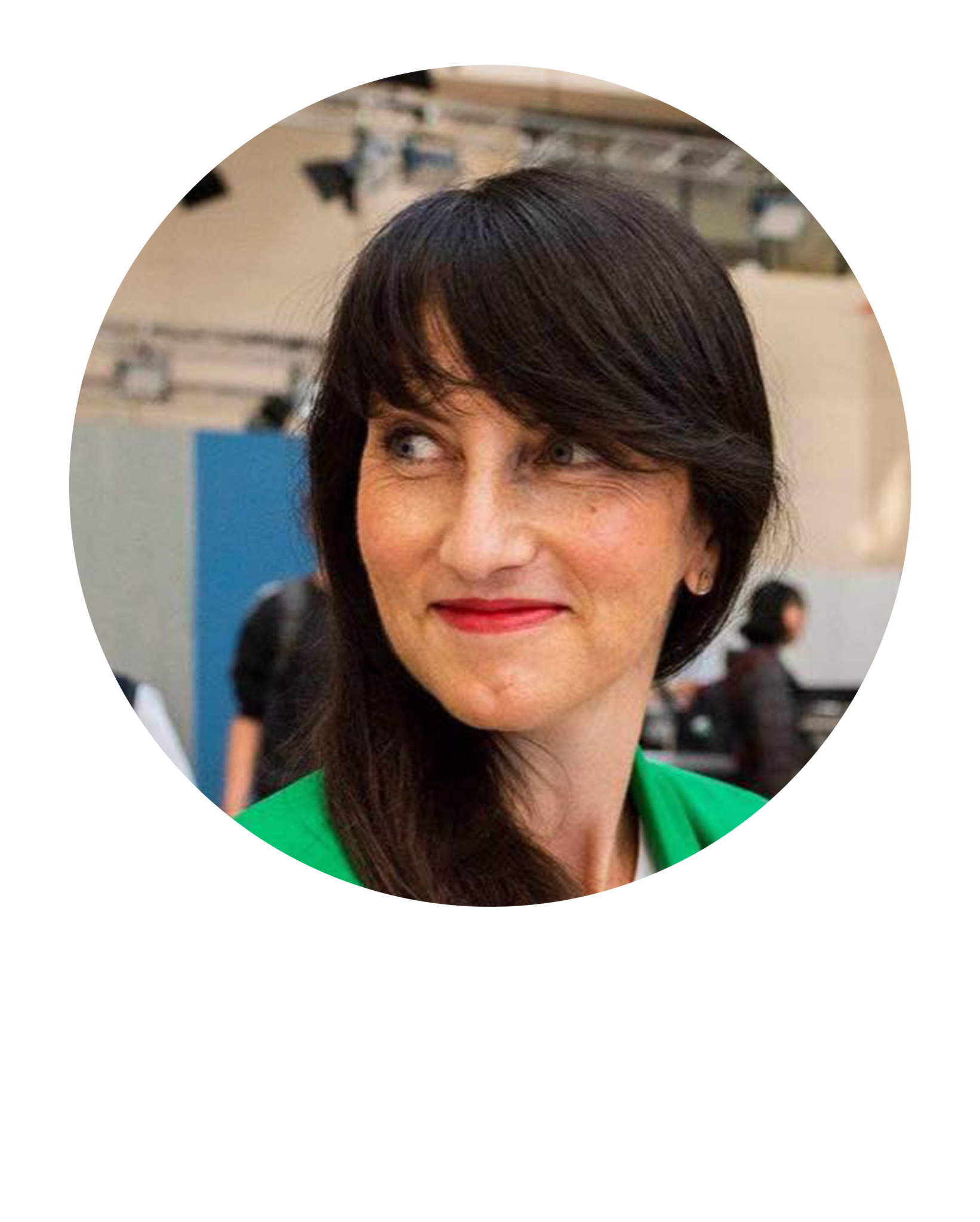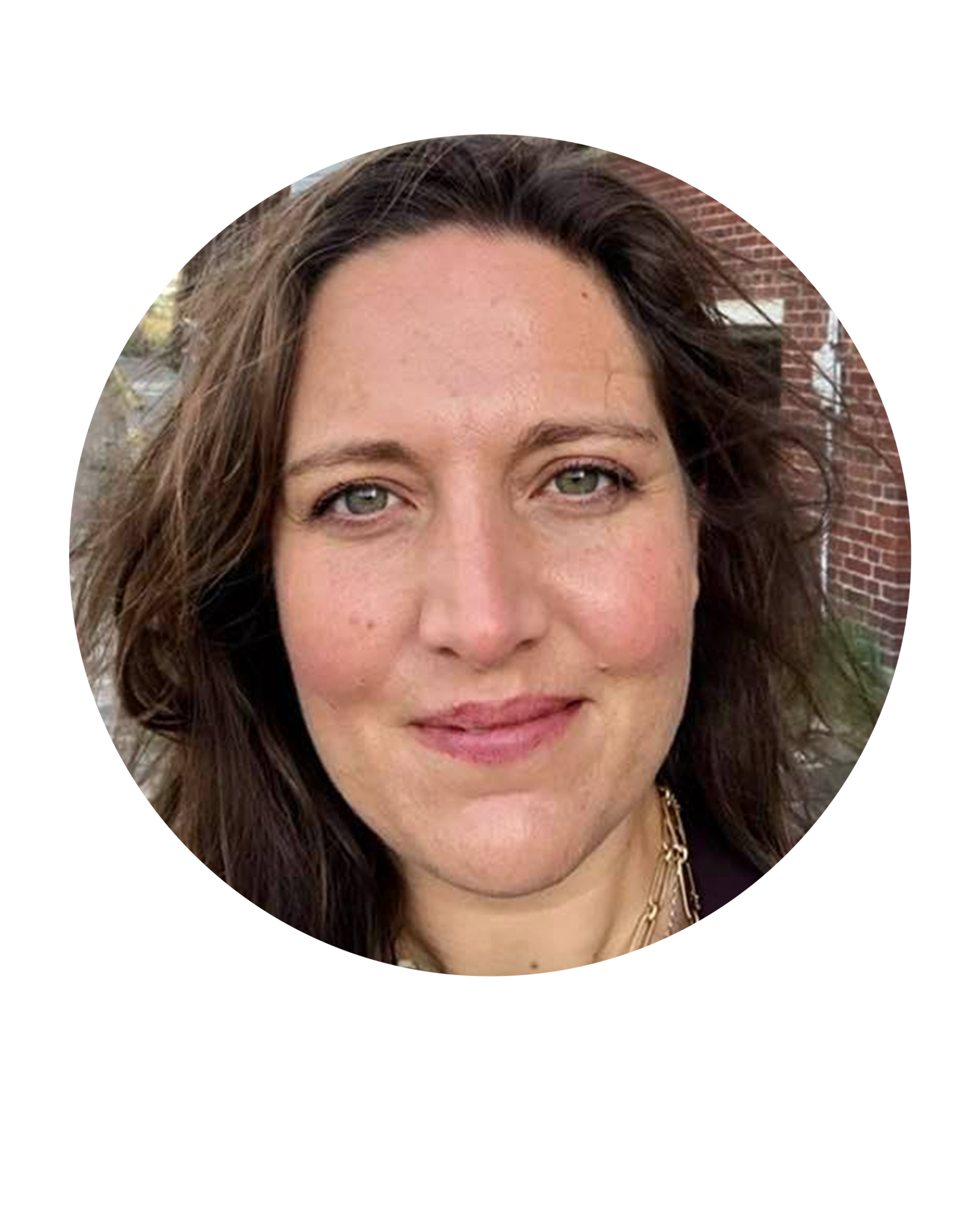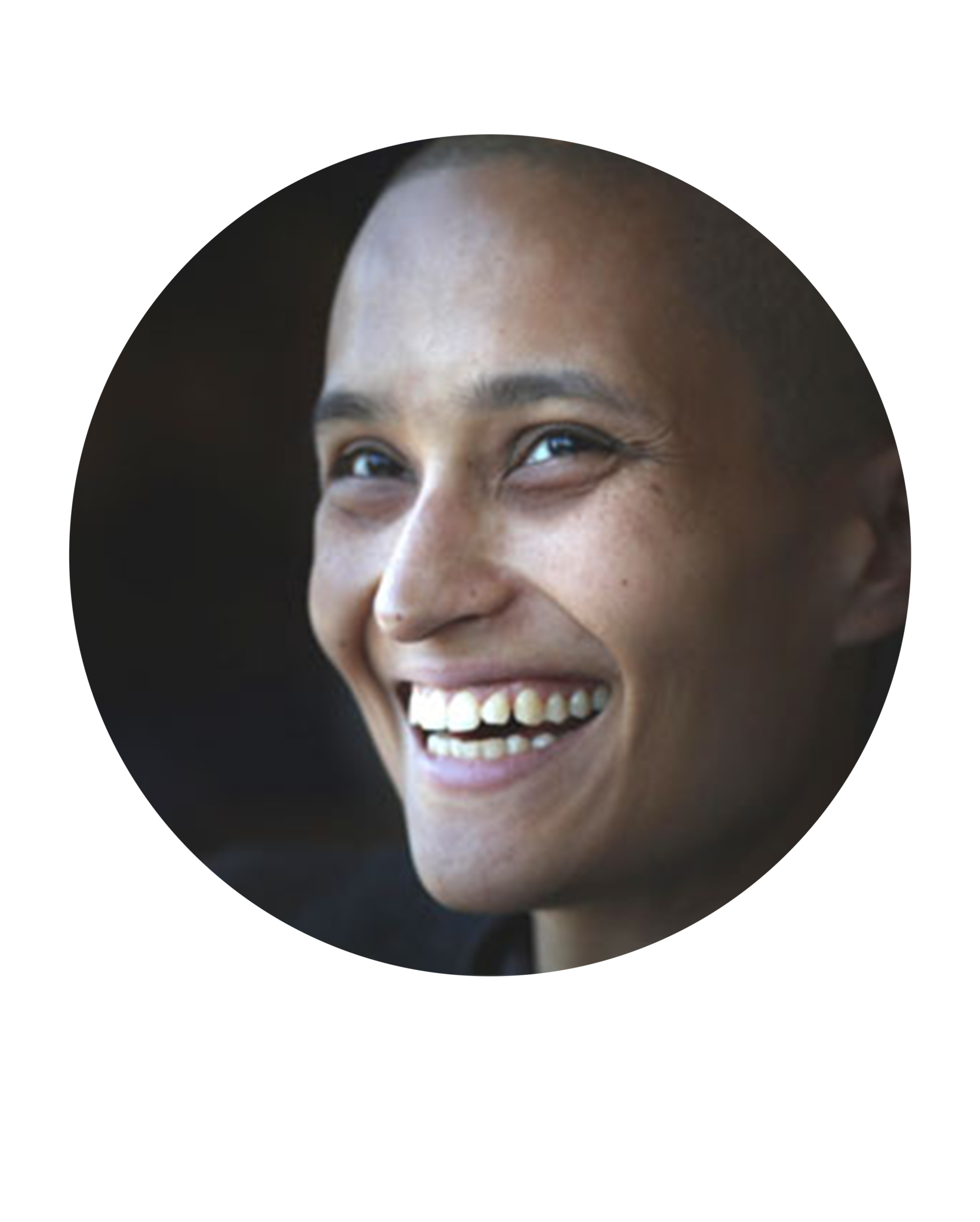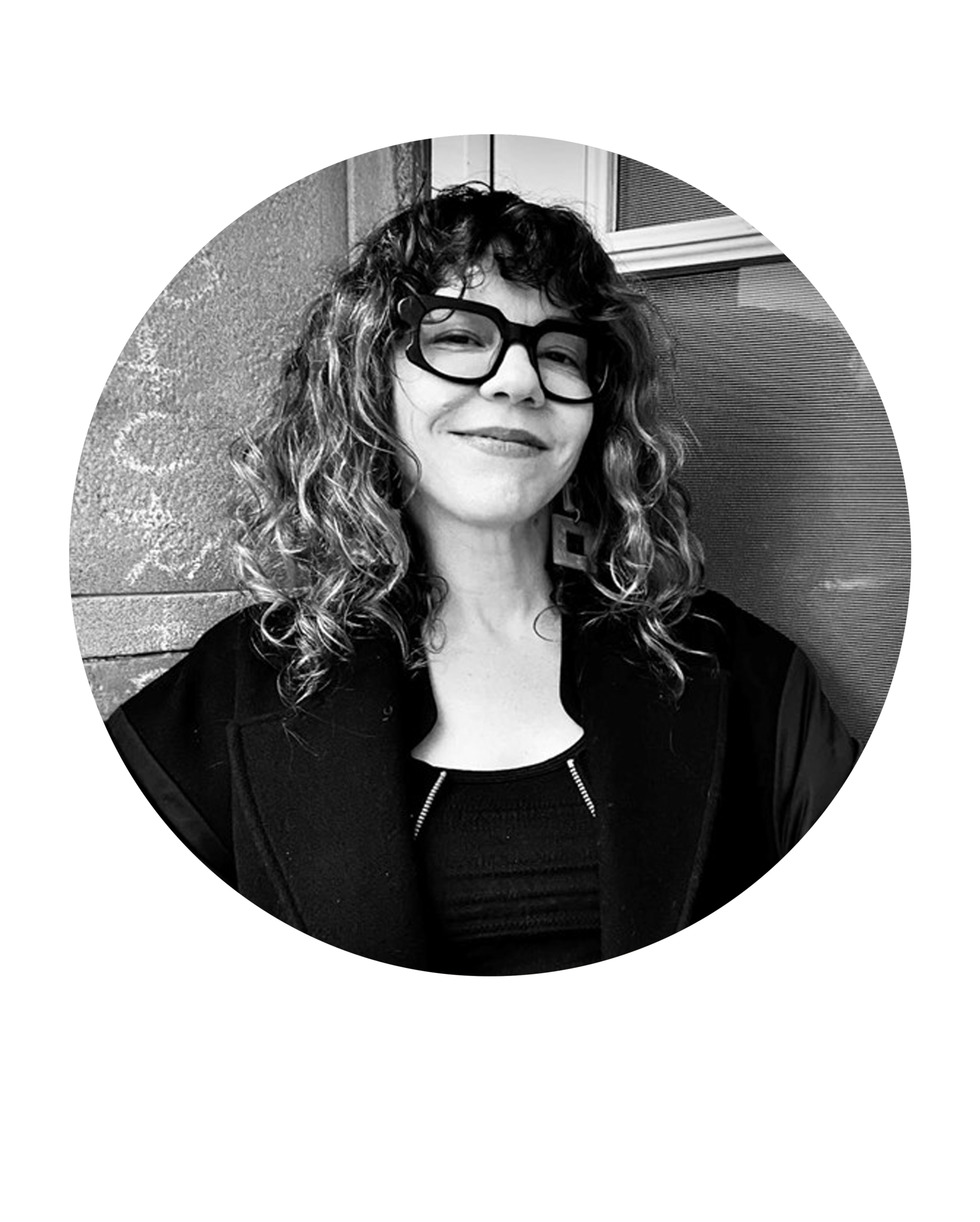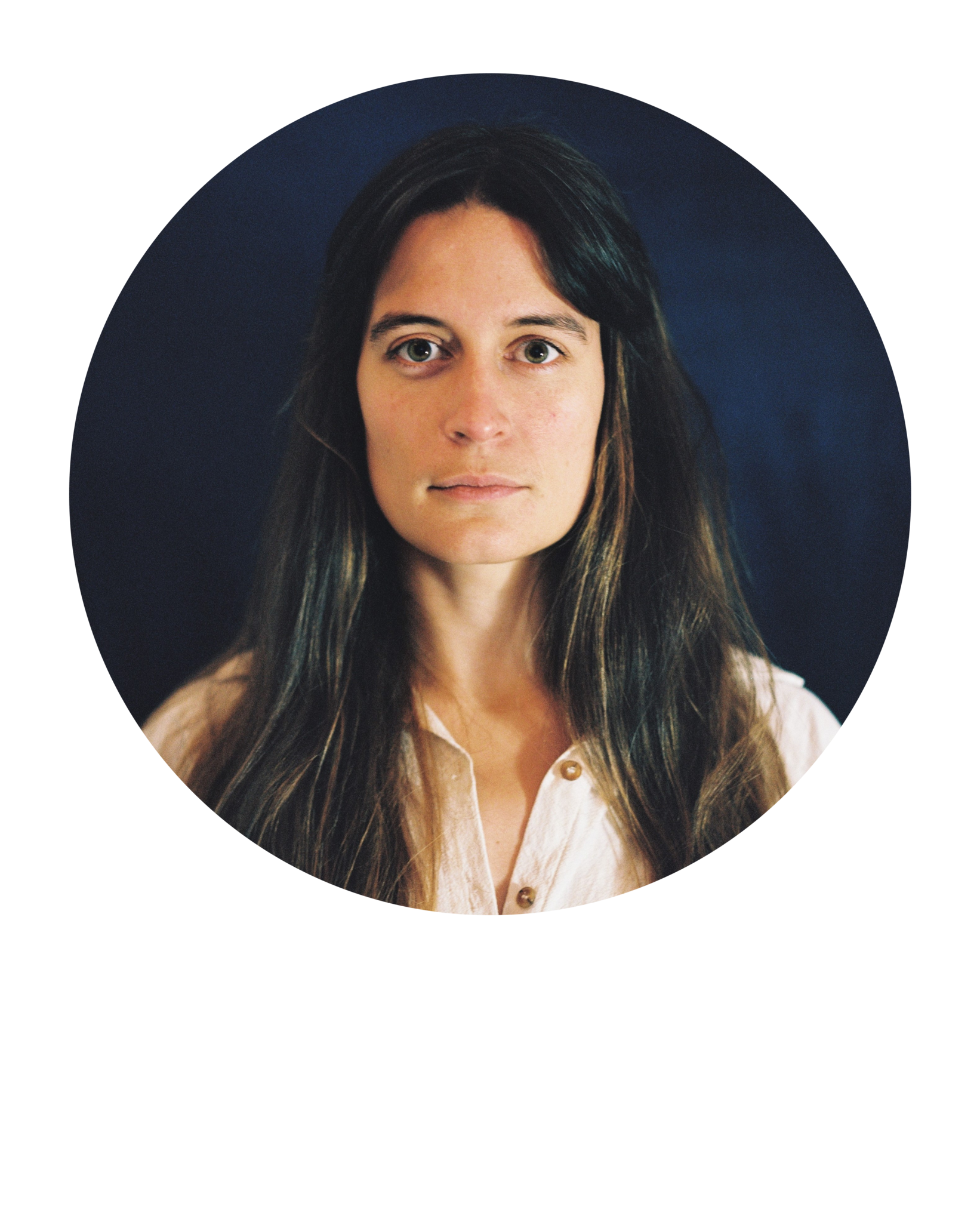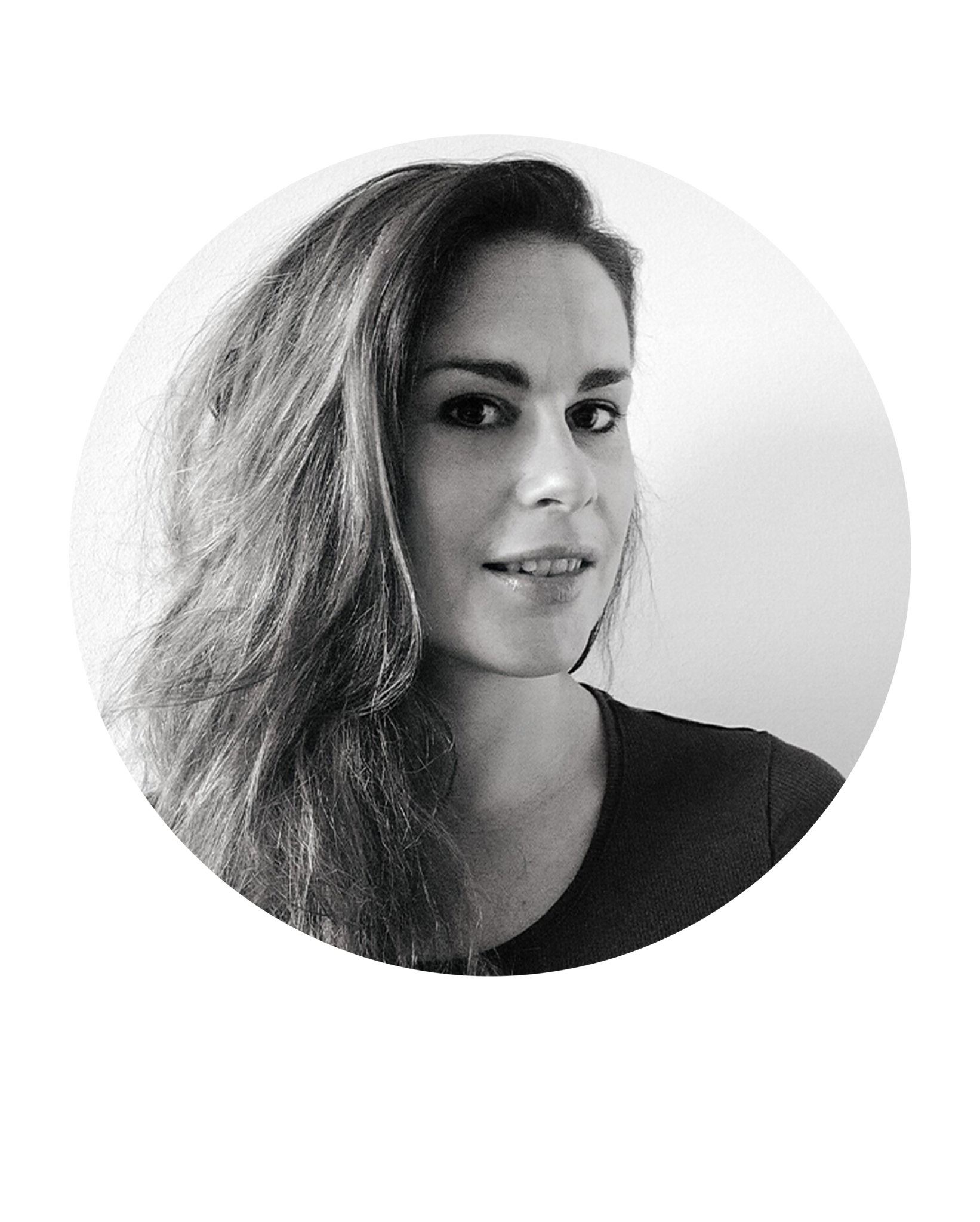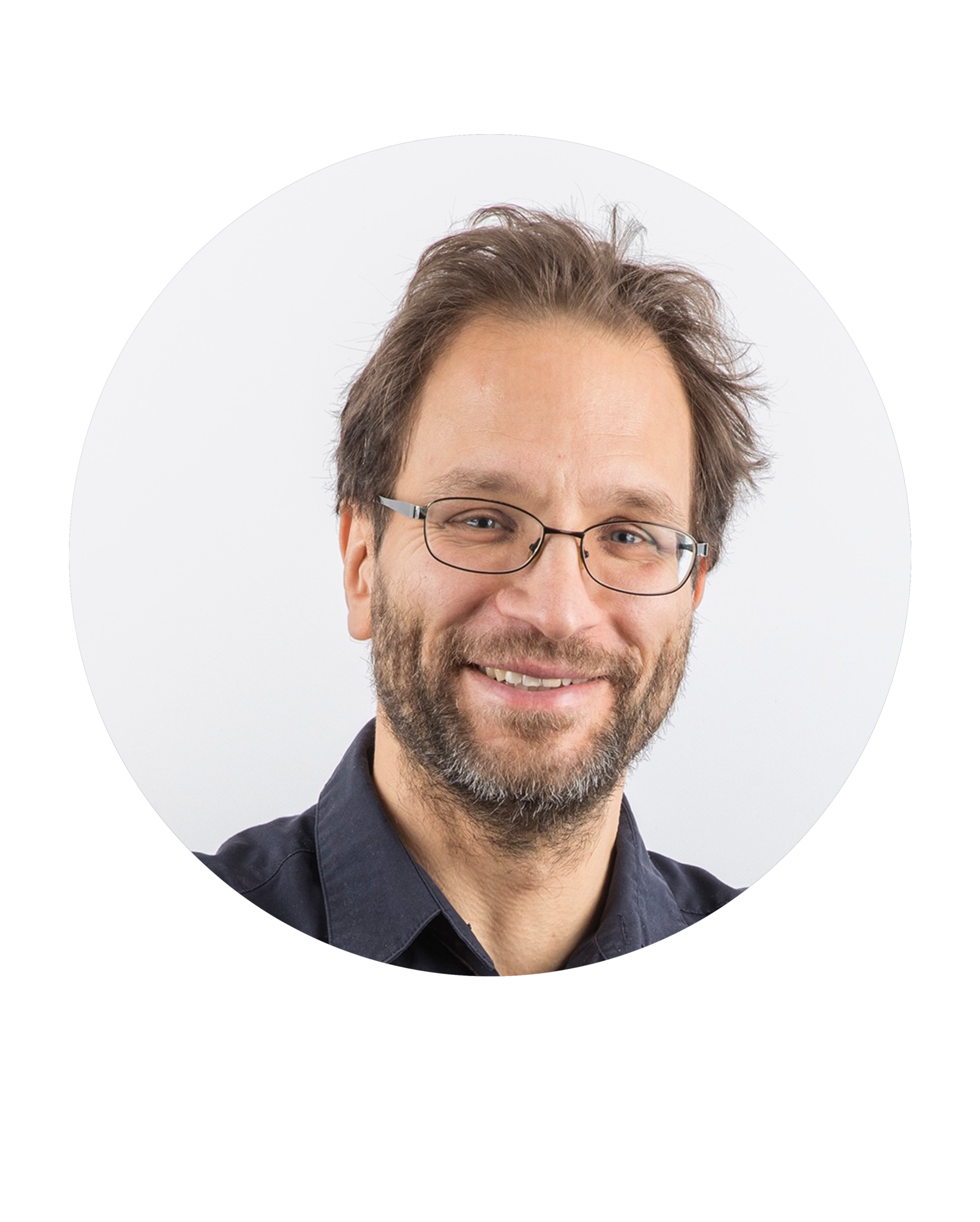_____INSTIGATION
From the outset, the Forum wanted to avoid the one-person-centred approach of the traditional keynote lecture, often followed by the audience going into different sessions and strands that typically don't have any immediate connection to the keynote. The idea is to develop a more collaborative approach, as well as a more continuous process of moving through the day, where the keynote moves more organically towards the thematic sessions.
The three provocateurs will shed light on the overall theme of the Forum, Challenges, visions and opportunities for artistic research and/in society, to three topics: ethics, research environment & culture and artificial intelligence. Each one of the provocateurs brings in what, from her perspective, needs to be addressed for artistic research at this moment - What's at stake?
_____PARALLEL SESSIONS
-> the ethical dimensions of artistic research and the responsibilities when navigating this complex area.
How should ethics ‘look like' for artistic research, and who and how should they be managed and implemented?
Provocateur: Anne-Helen Mydland / Facilitators: Laura Cull & Rajni Shah
Title: Map Ethics! A workshop model
For participants who would like to prepare for the parallel session -> the ethical dimensions of artistic research and the responsibilities when navigating this complex area.
The following text proposes a flexible model for unfolding and mapping ethical dimensions within the frame of artistic research, PhD projects and doctoral supervision – to instigate discussion, curiosity and consciousness, aiming to avoid a normative approach. The mission of the model is to identify ethical aspects which are not obvious, may be not yet recognized, may be part of more complex issues, and create an entry point for discussions about this. Such mapping and discussions may make a qualitative contribution to the development of the project as well as to the professional discourse in the artistic research environment – hopefully a shared enhanced awareness of ethical issues. The model is developed from the artistic researcher’s point of view and not exclusively based on input from experts in ethics.
During the seminar there will be given a short introduction by Jostein Gundersen and Anne Helen Mydland before instigating discussions in groups.
Rajni Shah will lead a listening-gathering session for the group. This will be an invitation to take time to arrive, notice our defaults, and reorient as a group. If you wish to read more about Rajni’s listening practice, you can read a dialogue about their work in the Sonic Studies journal here.
------------
-> the research environment and culture:
What should a progressive and responsive research environment for artistic research and artistic researchers on all educational and career levels look like?
Provocateur: Natalie Loveless / Facilitator: Assia Bert
Title: Inhabiting our (neoliberal/extractice) Research Environments: A Fluxus-Instruction Score Workshop
Generally understood to have emerged in the 1960s, the Fluxus Instruction Score carries with it a decidedly speculative stance, offering imperative texts that can be seen as proposals or instructions for possible ways of recalibrating the world. With the Flux-Score, any moment of life may be rendered art. The "frame" of art is mobilized to reorient habitual modes of being, to invite unexpected encounters, and, in its feminist mode, to bring attention to the maintenance labour that sustains our every day, at every scale of existence. Linked to Fluxus, the Art/Life form of "daily practice" furthers the conceptual form of the instruction piece by insisting that an instruction be performed daily and for an extended period of time. At the core of the Art/Life movement in contemporary art is the assertion that aesthetic orientations matter; that bringing the insights of artistic thinking and training into everyday life reroutes the flows of how we engage with each other and the world. This workshop asks how such perspectives might inform not only artistic practice, but our labour within our institutional research environments.
------------
-> the challenges and opportunities of artificial intelligence for artistic research(ers):
How and when does artificial intelligence create new directions for artistic research? What supports or hinders artistic research and artificial intelligence to coalesce and collaborate mutually and productively?
Provocateur: Lenka Hamosova / Facilitator: Markéta Dolejšová
Title: More-than-Human Co-creation: Making Sense with AI in Artistic Research
The session focuses on ethical and aesthetic aspects of more-than-human co-creation – of knowledge, experiences, and relations – in artistic research. How can we collaborate and make sense with nonhumans, such as algorithms in AI media synthesis, to develop our creative practices while maintaining their situatedness? How could this more-than-human sensemaking look, smell, sound, taste, feel like?
_____ABOUT THE HOSTS
The central idea was to design a meaningful connection between the instigation and the subsequent strands, and to connect meaning between the facilitation and provocation in each strand. This particular set up strongly encourages the provocateurs and facilitators to look for alternative, engaging, activating and potentially collective forms/formats of their contributions, steering towards collectivity, sharing and thinking together.
Anne-Helen Mydland is a professor in Fine Art with specialization in Ceramics and Clay. After her studies at the University of Bergen (archaeology and art history) and at Bergen National Academy of Art (Ceramics), she established her career as an artist, curator, educator and researcher. She has a longstanding engagement with artistic research both nationally and internationally. As a researcher Mydland was the initiator and leader of the artistic research project ‘Topographies of the Obsolete 2013-2017(financed by NARP) and part of the EU/Erasmus funded ‘Advancing Supervision for Doctorates in the Arts’ heading the WP on Ethics. She has been Vice Dean of Research, Faculty of Fine Art, Music and Design, UiB (2018-2022) establishing the UiBs ph.d program in Artistic Research, and part of the National Artistic Research Schools board. She instigated and led the first work on establishing national research ethical guidelines for Artistic Research in Norway. She has held several positions as research and ph.d leader at the Art Academy (KMD/KHiB). Mydland is a member of ELIAs Working Group for Artistic Research.
Laura Cull Ó Maoilearca is Lector and Head of DAS Graduate School at the Academy of Theatre and Dance, Amsterdam University of the Arts in the Netherlands. Her current research includes: the NWO-Route Kunst funded project Climate Imaginaries at Sea (2022-2024) where she leads the artistic research studios on Indigenous and global South perspectives through collaborations with Mexican-Chilean choreographer Amanda Piña and Villa Zapakara, a children's museum based in Paramaribo, Suriname. Past projects include: Performance Philosophy & Animals: Towards a Radical Equality (2019-2022).
Together with ATD associate researcher Florence Fitzgerald-Allsopp, she is currently editing the book Interspecies Performance for Performance Research books (forthcoming 2023). Previous books include: The Routledge Companion to Performance Philosophy (Routledge, 2020) and Encounters in Performance Philosophy (Palgrave, 2014), both co-edited with Alice Lagaay; Theatres of Immanence: Deleuze and the Ethics of Performance (Palgrave, 2012); Manifesto Now! Instructions for Performance, Philosophy, Politics (Intellect, 2013), co-edited with Will Daddario; and Deleuze and Performance (Edinburgh, 2009).
She is a founding core convener of the international research network, Performance Philosophy, joint series editor of the Performance Philosophy book series with Rowman & Littlefield, and an editor of the open access Performance Philosophy journal. Laura originally trained as an artist at the Slade School of Art in London and presented performances internationally including Tanzquartier Wien (2015); ICA London (2008); Serpentine Gallery, London (2008, with the artists’ collective, SpRoUt); and TATE Britain (2003).
Rajni Shah has been making performance since 1999. From 2005-2012 they worked with other artists under the names 'Rajni Shah Theatre' and 'Rajni Shah Projects' to create a trilogy of works exploring moments of cultural identity and alienation (Mr Quiver, Dinner with America, and Glorious) and alongside this a series of public interventions exploring gift economies between strangers, entitled small gifts. From 2018-2020, after completing a practice-based PhD at Lancaster University, they accepted a Horizon Postdoctoral Fellowship at Concordia University, working with Luis Carlos Sotelo Castro to set up the Acts of Listening Lab, a physical location where artists and community members gather to research listening in post-conflict societies. In 2021, Rajni published their first monograph, Experiments in Listening, as part of the Performance Philosophy series with Rowman & Littlefield. They are currently a Researcher and Tutor at DAS Graduate School within the Academy of Theatre and Dance, University of the Arts Amsterdam (AHK).
Natalie Loveless (www.loveless.ca) is Professor of Contemporary Art and Theory in the Department of Art & Design, and Associate Dean, Equity, Diversity, and Inclusion at the University of Alberta (ᐊᒥᐢᑿᒌᐚᐢᑲᐦᐃᑲᐣ /Amiskwacîwâskahikan, Treaty Six territory and Métis Region 4), where she directs the Research-Creation and Social Justice CoLABoratory and co-leads the Faculty of Arts’ Signature Area in Research-Creation (https://www.spar2c.ca/). She is a fellow of the Royal Society of Canada (College of New Scholars, Artists, and Scientists), the author of How to Make Art at the End of the World: A Manifesto for Research-Creation (Duke UP 2019), editor of Knowings and Knots: Methodologies and Ecologies in Research-Creation (University of Alberta Press 2019), co-editor of Responding to Site: The Performance Work of Marilyn Arsem (Intellect Press 2020), and the forthcoming Routledge Companion to Performance Art.
Assia Bert is part of the Research Bureau of the Royal Conservatoire Antwerp, contributing to the coordination of research in the arts within the fields of Drama, Dance and Music. Furthermore, she is editorial coordinator of FORUM+. FORUM+ is an international peer-reviewed and open-access journal for research in the arts. It provides a rich insight into the current state of the art and trends in different fields of artistic research.
As an artist, designer, researcher, and speaker, Lenka Hamosova navigates the intersecting worlds of AI and creativity, challenging the boundaries of human-AI co-creation, exploring generative AI's creative potential, and future-casting the implications of AI-generated synthetic media on our creative landscape.
Boasting over a decade of expertise in graphic design and art direction, coupled with a deep dive into creative AI for more than five years, Lenka empowers clients to harness generative AI tools for bespoke visual strategies and products. Her consultancy services span the integration of AI into creative processes and keeping a pulse on AI trends in the creative sector. She also designs and facilitates workshops and brainstorming sessions to spark innovation within creative teams.
As a proactive community builder, she initiated the creative AI meetups in Prague and co-founded the Uroboros collective and its accompanying festival. Her academic journey includes pursuing a Ph.D. at FAMU in Prague, where Lenka explores collective human-AI co-creation and innovative participatory methods in AI-assisted media synthesis. This research complements her Master's in Design from the Sandberg Institute, Amsterdam, and a Bachelor's in Visual Communication from the Academy of Fine Arts and Design, Bratislava.
Markéta Dolejšová (www.materie.me) is a researcher and creative practitioner interested in ethical and aesthetic aspects of more-than-human coexistence. Her interdisciplinary practice and research are always collaborative, weaving together perspectives of diverse human and other-than-human actors including artists, designers, and scientists as well as dogs and trees in a forest. She is currently affiliated as a postdoctoral research fellow at Aalto University - School of Arts, Design and Architecture(FI) where she co-leads a practice-based inquiry into more-than-human co-creation of knowledge, data, and relations (Open Forest) and teaches experimental design research (e.g. Feral Helsinki). Previously, she worked with the CreaTures – Creative Practices for Transformational Futures EU project (2020-22) where she led the Laboratory of experimental artistic productions. She has co-founded several art-design research initiatives including the Uroboros festival, the Open Forest Collective, the Feeding Food Futures network, and the Fermentation GutHub. Her work has appeared in academic journals and edited books as well as in cultural venues including Venice Architecture Biennale, Helsinki Design Week, ArtScience Museum Singapore, National Museum of Scotland, and National Gallery Prague.
Falk Hübner (1979) is professor of Artistic Connective Practices at Fontys University of Applied Sciences, Academy of the Arts in Tilburg, The Netherlands. With a background as composer, theatre maker, researcher and educator, he is active in a diversity of collaborations within and outside of the arts. His research focuses on the social-societal potential of artistic research, research methodologies, and the relation of the arts and art education to society. In 2019-2021 Falk conducted a post doctoral research at HKU University of the Arts on artistic research methodology and ethics. He is member of the board of Forum+, journal for research and arts, based in Antwerp. Next to his professional life Falk is a (ultra-)marathon runner. He lives in Rotterdam with his partner and their 5 children.

